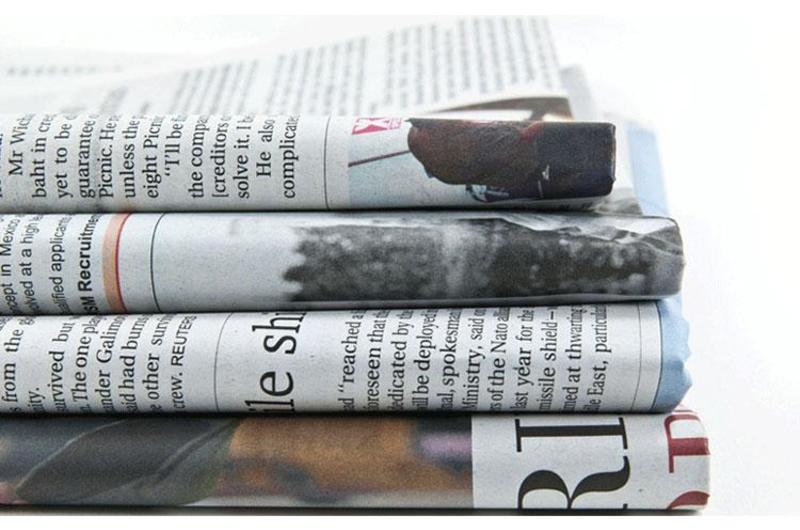

This website was created and maintained from May 2020 to May 2021 to commemorate the 75th anniversary of Stars and Stripes operations in the Pacific.
It will no longer be updated, but we encourage you to explore the site and view content we felt best illustrated Stars and Stripes' continued support of the Pacific theater since 1945.
From Tokyo cabbies to U.S. generals, profound shock and disbelief

By Steve Stibbens | Stars and Stripes November 24, 1963
TOKYO — The Japanese taxi driver wiped a few tears from his swollen eyes and said:
"Kennedy-san, the number one democratic man ... I'm sorry ...''
One simple, humble taxi driver, speeding through foggy Tokyo streets early Saturday morning, just about summed up the Japanese reaction to President Kennedy's death.
An American Army colonel, sitting in the corner of the Sanno Hotel's coffee shop in downtown Tokyo, wept openly. He about summed up the American reaction.
Lt. Gen. Maurice A. Preston, top U.S. military commander in Japan, talked briefly with his aide over the Sanno's lobby telephone. He hung up, stared for a few moments at the carpet, picked up his brief case and headed for his office.
"I am shocked," he said. "What else can I say?"
In another corner of the coffee shop, Mrs. Preston stared at the checkered tablecloth in front of her. She said she couldn't believe it.
Maj. Gen. Chester W. Clark, commander, U.S. Army Japan, sat down at Mrs. Preston's table.
"This is of such deep and great significance that it's hard to grasp. It is indeed a very great tragedy."
Outside, Yukio Fukihara, an office worker, asked:
"Why?"
At the American Embassy, Marine Cpl. Larry St. Amand, the sentry on duty, said the security officer notified him immediately.
"I thought some crank was on the phone and almost hung up," he said. "Then it hit me."
Shingo Sugiira. a 17-year-old high school student, about to board a train in Tokyo station, said:
"I don't know much about politics. I didn't think this could happen."
News of the President's death shook Japan.
At Tokyo's shipyards, Ukichi Iwasaki, a longshoreman, said he felt "uneasy and anxious.''
Air Force T/Sgt. Kenneth Doane, a flight steward on many of Lyndon Johnson's trips in 1958-59, feels that "America is in good hands."
"We're lucky," he said, "to have a guy like Johnson to step in."
Another friend of Johnson's offered reassurance: Retired Navy Lt. Leo E. Jenkins, of Fort Worth, Tex., in Japan on a business trip, said he once worked with Johnson.
"What shocks me the most," he said, "is that it happened in my home state — Texas, the place I just left."
Mrs. Henry Magnusen, wife of an Army staff sergeant stationed in Japan, feels a personal loss — she just became an American citizen. A letter welcoming her into the American family was signed by Kennedy.


